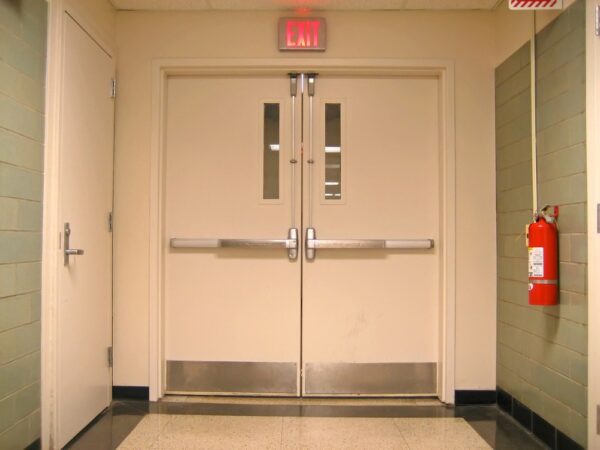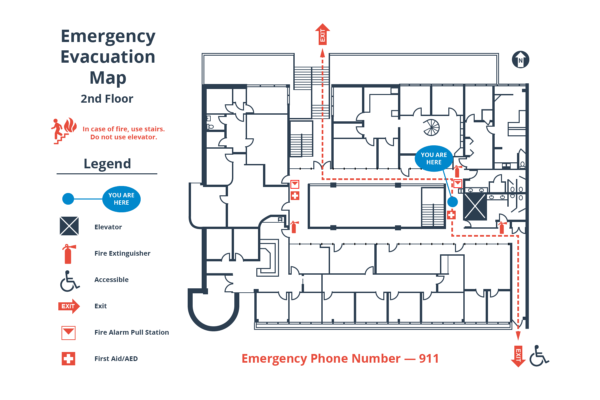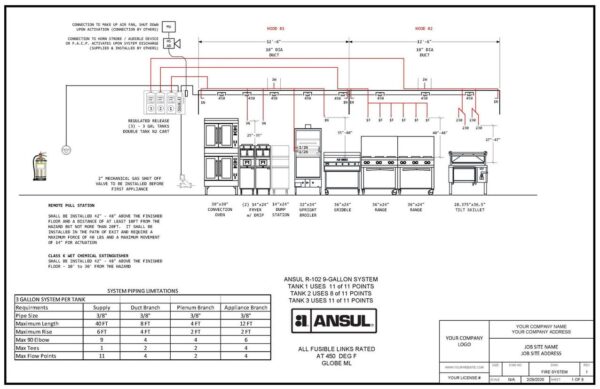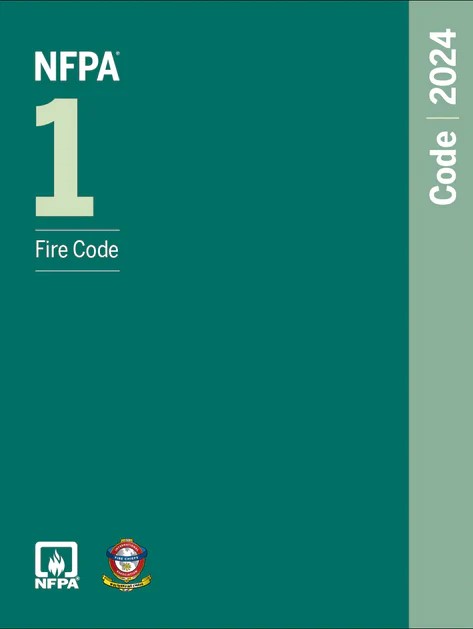The Crucial Importance of Adhering to Fire Codes
Fire codes play a pivotal role in ensuring the safety and well-being of individuals, as well as the protection of property. These codes are comprehensive sets of regulations and standards designed to prevent, control, and mitigate the devastating effects of fires. Following fire codes is not just a legal requirement; it is a moral obligation that helps create a safer environment for everyone. In this article, we will explore the critical importance of adhering to fire codes.
- Life Safety
The primary objective of fire codes is to safeguard human lives. In the event of a fire, the implementation of proper building design, fire alarms, sprinkler systems, and evacuation plans can significantly reduce the risk of injuries and fatalities. Fire codes dictate the necessary safety measures that must be in place to ensure a swift and organized response to emergencies.

- Property Protection
Beyond human safety, fire codes are designed to protect property from the devastating effects of fires. The regulations cover aspects such as fire-resistant building materials, proper storage of flammable materials, and the installation of fire suppression systems. By adhering to these codes, property owners can minimize the potential for extensive damage and loss.
- Prevention of Fire Spread
Fire codes address the prevention and containment of fires. Proper compartmentalization of buildings, the installation of fire-resistant barriers, and the maintenance of fire doors all contribute to limiting the spread of fires. This not only protects the occupants of a building but also prevents the fire from escalating and causing more widespread damage.

- Occupational Safety
Businesses and workplaces are required to adhere to specific fire codes to ensure the safety of employees and visitors. These codes cover aspects such as exit routes, emergency lighting, and the proper storage of hazardous materials. By following these regulations, employers create a secure work environment, reducing the risk of injuries and fatalities in the event of a fire.

- Legal Compliance
Adhering to fire codes is not just a matter of safety; it is also a legal obligation. Local, state, and national governments establish fire codes as part of building and fire safety regulations. Failure to comply with these codes can result in severe legal consequences, including fines, closure of businesses, and legal liabilities in the event of a fire-related incident.
- Insurance Requirements
Insurance providers often require businesses and property owners to comply with fire codes to qualify for coverage. Adhering to these codes demonstrates a commitment to risk management and can lead to lower insurance premiums. Non-compliance may result in increased insurance costs or denial of coverage. This is especially prevalent in restaurants and corporate kitchens that use cooking appliances on a daily basis.

In conclusion, following fire codes is not merely a bureaucratic formality; it is a fundamental step in ensuring the safety of individuals and the protection of property. The importance of these codes cannot be overstated, as they serve as a comprehensive framework for preventing, responding to, and mitigating the impact of fires. Adhering to fire codes is a collective responsibility that contributes to the creation of a safer and more resilient society.
Dan has been around the fire equipment industry almost his whole life. His father, Robert, was the owner of Kamp Fire Equipment in Paterson, NJ and a founder of NJ Fire Equipment in Rockaway, NJ. He learned to use a computer by entering paper invoices into an electronic spreadsheet. Now Dan leads the Marketing efforts for Encore Fire Protection in their East Hanover, NJ location.

